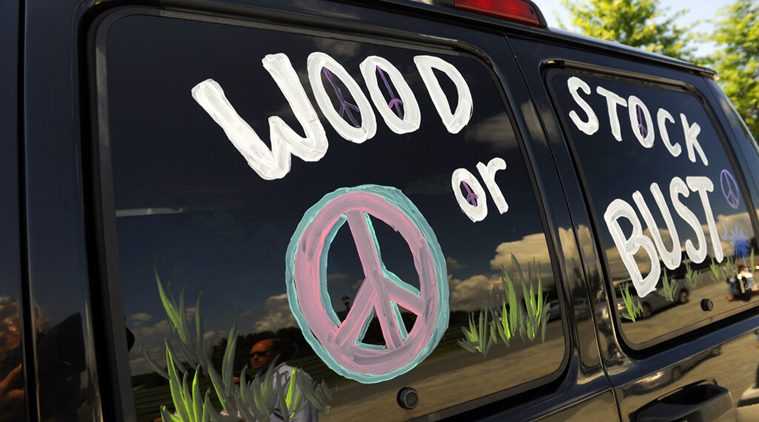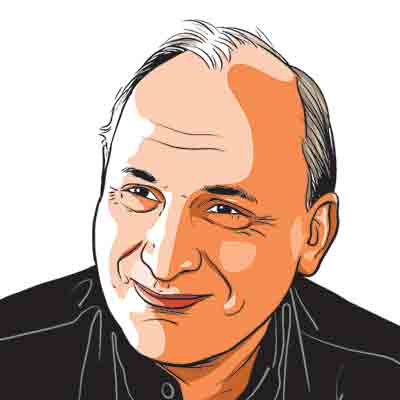Summer of Love 2.0
The world needs another Woodstock and all that it stood for.

Fifty years ago, in August 1969, half a million people gathered for three days on a 600-acre dairy farm at Bethel, New York to celebrate peace, love and music. The event became known as the Woodstock Rock Festival. The festival became world-famous after a soundtrack album and an award-winning documentary by the same name was released subsequently. Nearly 30 bands and musicians performed at the Woodstock Festival over four days, including Ravi Shankar, Joan Baez, Jimi Hendrix, Santana, The Grateful Dead, The Who, Jefferson Airplane, Joe Cocker and many others. Despite the famous absentees — like Led Zeppelin, Bob Dylan and Simon & Garfunkel — Woodstock became a symbol of anti-Vietnam contestation and the global counterculture movement. Unlike today’s youth, who is thinking in terms of money and jobs and becoming increasingly conformist and complacent, the young people of the 1960s were feeling frustrated and rejected by the socio-political systems of their time. In American society, in particular, young people were disgusted by the Jim Crow laws in the Southern US and the assassinations of the African-American emancipation movement leaders, Medgar Evers, Malcolm X and Martin Luther King Jr. They were also strongly opposed to the Vietnam war and the draft system — which mainly drew from the Black population, minorities and lower-class whites. Increasingly disillusioned with the American political debate, the rebellious youth turned towards new radical values expressed by Black Power, Maoism and the hippie movement.










.png)




























No hay comentarios:
Publicar un comentario